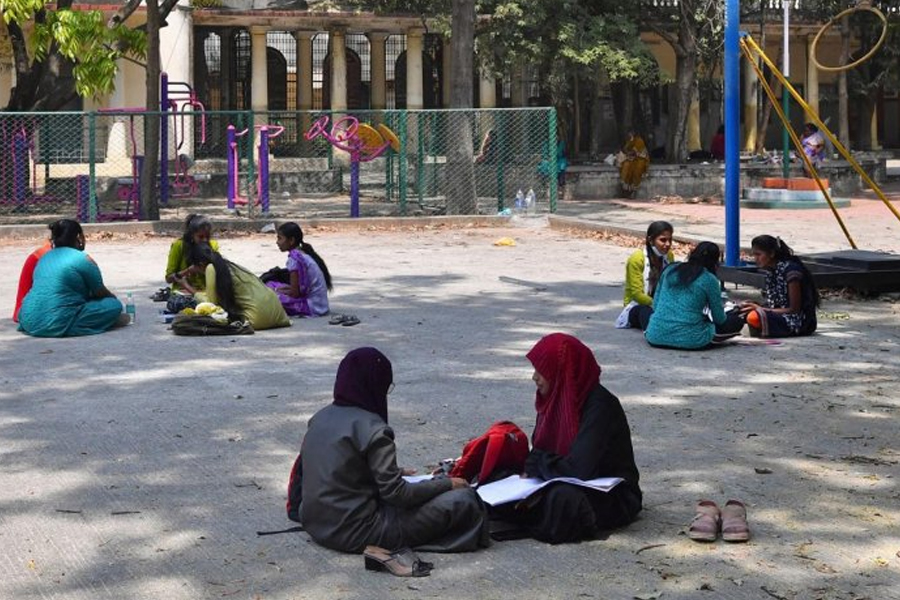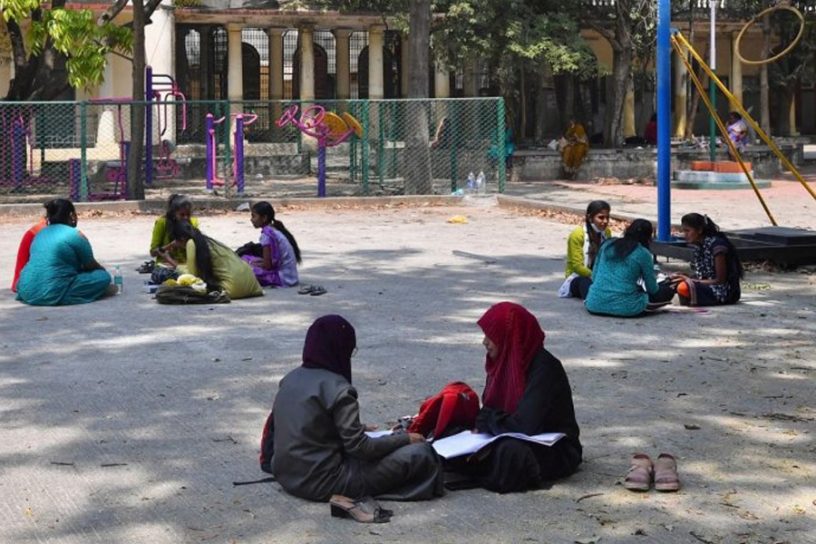
Is it right to look at schools as a place to instil aggression and military-style discipline over intellectual and artistic exploration?
Author
Rajeev Kadambi, Associate Professor, Jindal School of International Affairs, O.P. Jindal Global University, Sonipat, Haryana, India.
Summary
The recent judgement of the Karnataka High Court upholding the ban on Muslim women wearing the hijab in educational institutions has decidedly far-reaching implications.
Chief among them is the role of culture as a foundation of moral learning, and freedom and inclusion in the classroom. Not only did the court appoint itself as Islamic theologians but it also acted as social reformers, emancipating the lot against their own wishes.
Two distinct points may be elicited in response to the judgement. First, the judgement fails not only in properly applying the essential practices test, but it perpetuates a faulty standard for comprehending lived practices.
Second, the judgement effectively converts schools into an insulated and amoral environment where the forcible elimination of individualities and differences is made into a qualification for national membership.
Enigma of the ‘essential religious practice’ test: The court held that wearing the hijab does not constitute an essential religious practice in Islam under Article 25 (1) of the Constitution, which guarantees all persons the fundamental right to freely practise, profess and propagate religion. It relied on cursory textual references of select authorities on Muslim law to conclude that the rule of wearing the hijab was not absolute but only recommendatory in the Quran.
The irony of the judgement is that it begins and elsewhere relies on an article by someone named Sara Slininger, when, in fact, the said article questioned stereotypes around the hijab and provided a nuanced argument about seeing it as a religious-cultural practice, something the court haphazardly deploys in its support.
At a close look, the doctrine of essential practices test includes within its ambit not simply doctrines and beliefs, but practices.
Published in: Deccan Herald
To read the full article, please click here.


